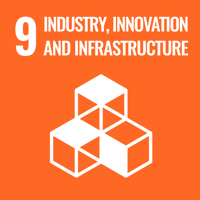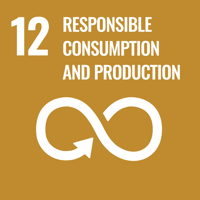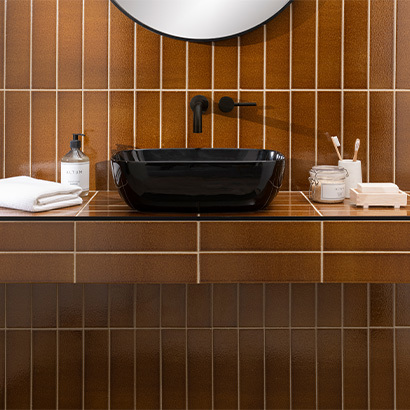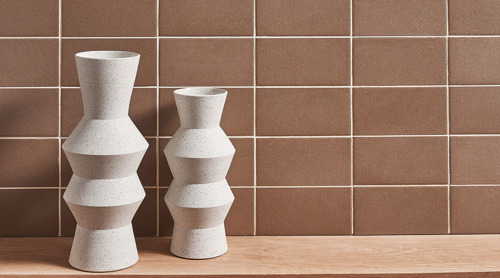


Ambition
Promote recycling, responsible sourcing, and the conservation of natural resources.
Achievements
Product and Packaging
Plastics Pact UK As signatories of the Plastics Pact UK, we are committed to reducing the environmental impact of our packaging. We made further progress towards our Plastic Pact targets in FY24, reporting 96% (+1 ppt) recyclability and 16% recycled content (+8 ppts) across own-brand plastic packaging. The latter improvement was driven by widespread implementation of 30% recycled content pallet wrap across our operations and supply chain, as recommended in our 2023 Plastic Packaging Policy. With the Plastics Pact UK reaching its conclusion in 2025, we are planning to introduce a Topps-specific plastic packaging target to deliver continued progress in this area. The new target will be based upon the OPRL (On-Pack Recycling Label) definition of recyclability, thereby ensuring packaging is easy to recycle, for both our retail and trade customers.

Case study
Principle™
In March 2023, we introduced the sustainable Principle™ wall tile range, made from a remarkable 91.3% recycled industrial waste—among the highest levels globally.
Developed with patented technology by UK startup Alusid, these tiles incorporate recycled materials like tile dust, production sludge, glass, and ceramics, saving 8kg of waste per square meter from landfill. Principle™ is manufactured on industry-standard mass production equipment, ensuring quality and cost efficiency. However, Alusid’s bespoke processes and raw material mixes allow for lower firing temperatures, meaning Principle™ uses 23% less gas during production than like-for-like conventional tiles.

Case Study
Regenr8™
A premium quality adhesive ideal for any tiling project, Regenr8™ is specifically developed for a reduced impact on the planet.
Sand, a key component of tile adhesive, is one of the world’s most exploited resources. It is being consumed faster than it can be naturally replenished, leading to erosion, flooding, and biodiversity loss.
In response, Regenr8™ has been formulated using an inhousedeveloped alternative to natural sand composed of post-consumer glass waste. In total, Regenr8™ contains up to 53% recycled material, meaning its manufacture requires substantially less natural sand than conventional alternatives.

Case study
Mas™
In May 2024, we developed Mas™, a vitrified floor and wall tile with a recycled percentage between 95% and 98.5%, depending on the colour.
Our supplier’s technology utilises recycled material aggregated from various parts of the ceramic industry in Spain – both pre- and post-fired material is combined using a low impact process to create a modern interpretation of the traditional quarry tile.
Crucially, Mas™ is engineered to entirely avoid spray drying, an industry-pervasive process that accounts for 36% of thermal energy consumed during normal tile production. Instead, a unique low-energy dry granulation process is used.
Demonstrating commitment to transparency, the full emissions life cycle for Mas™ has been published via a third-party verified Environmental Product Declaration (‘EPD’). This demonstrates a carbon footprint that is substantially lower than equivalent tiles using conventional methods. As such, Mas™ is confidently one of the lowest impact ceramic tiles on the market.

We recognise the importance of engaging with customers to facilitate effective recycling. Accordingly, we’re members of the on-pack recycling label (OPRL) scheme, ensuring our own-brand packaging is labelled with clear disposal guidance.

